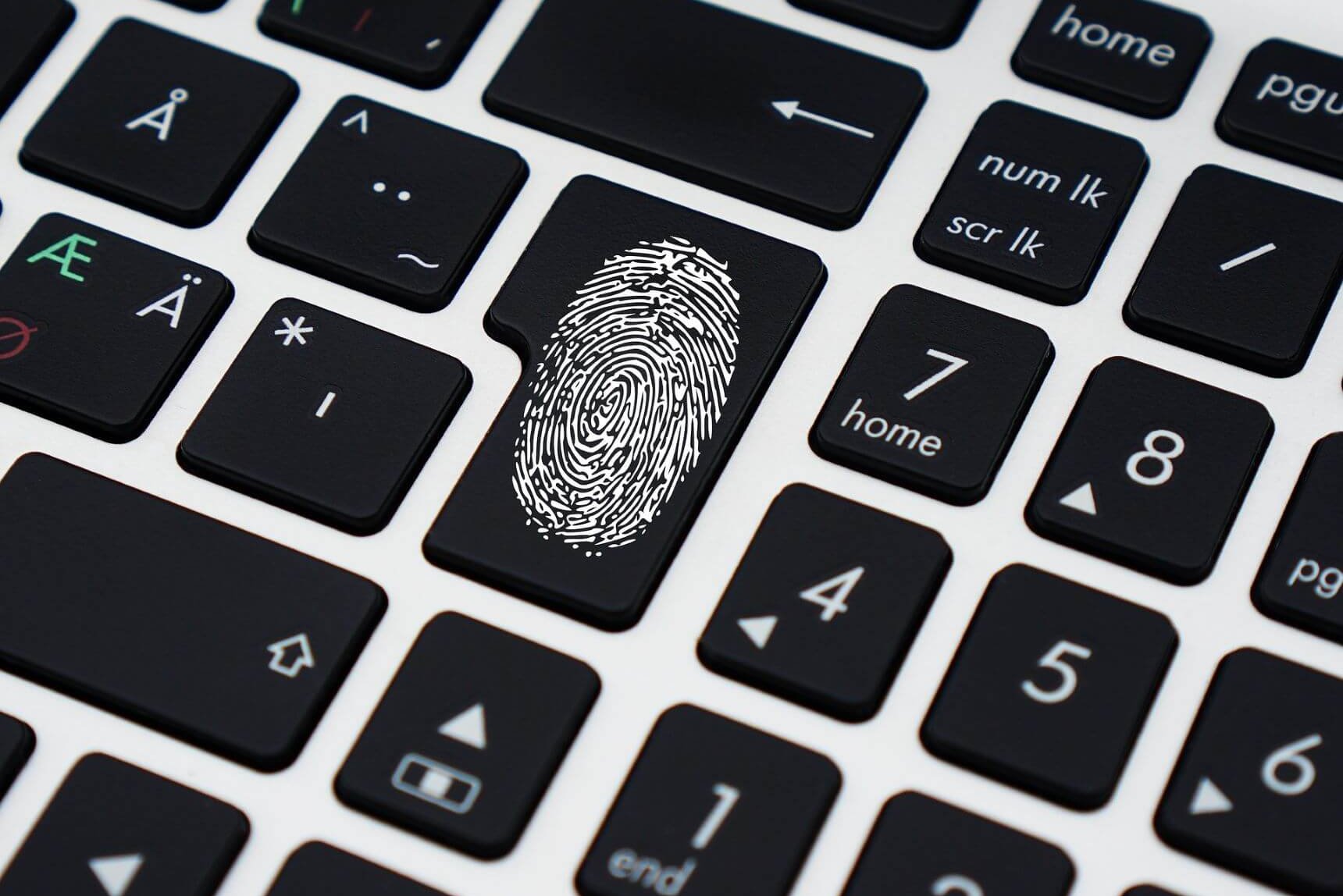

Self-sovereign identity is a new layer in technology that allows businesses and individuals to affirm their own identity. Self-sovereign identities are decentralised as they do not rely on a centralised authority. This means they mirror the way identities work in real life.
The concept is based on the notion that we are all the owners and makers of our identity, online and offline. It is created and owned by you, the user. It allows you to interact in both the digital and physical world.
To create a self-sovereign identity, you will need to use public key cryptography. The public and private keys created by the cryptography are then used to prove that a self-sovereign identity belongs to the user.
The identity systems use blockchain and their distributed ledgers. This is so that identifiers can be looked up without the need for a centralised association or directory. All of this allows a user to prove details about themselves using a decentralised and verifiable credential, the same way they do offline.
Self-sovereign identities provide flexible, scalable, and private interactions. They also support human interactions and activities without harming the privacy of the people who use them.
You gain much more privacy when using this type of identity. By keeping information off a centralised database, it allows your information to be kept much more private and away from hackers and harmful users.
Blockchain-based identity systems provide greater security than any other central organisation. Privacy is about keeping your data protected, whether people know it’s yours or not. Luckily, blockchain enhances security by ensuring there are fewer large pools of data to attract potential hackers, meaning hackers would have to hack each person individually rather than hacking one central database to get access to everyone’s data.
Having a self-sovereign identity allows you to be physically in control of all your data and what happens to it. You have the ability to control if and how your data is moved, processed, and stored. You are also able to supervise what data is shared and what isn’t – for example, giving a new employer access to your university degrees but not to your credit history.
A number of companies are already using blockchain to build platforms offering self-sovereign identity.
Netherlands-based digital security firm Gemalto has launched a unique blockchain-powered identification network that enables users to manage their ‘Trust ID’ for institutional purposes.
Also, CULedger, a US-based credit union-owned blockchain consortium, has joined enterprise software firm R3’s global ecosystem to develop groundbreaking blockchain-based applications for self-sovereign digital identity and fraud detection.
We have a range of blockchain guides on our site along with the latest cryptocurrency news.
Denver, Colorado, 24th February 2025, Chainwire
Denver, Colorado, 20th February 2025, Chainwire
Washington, D.C., 18th February 2025, Chainwire
Dubai, UAE, 27th January 2025, Chainwire
Those who enter the market at this time may be surprised to hear that Bitcoin…
George Town, Grand Cayman, 22nd November 2024, Chainwire